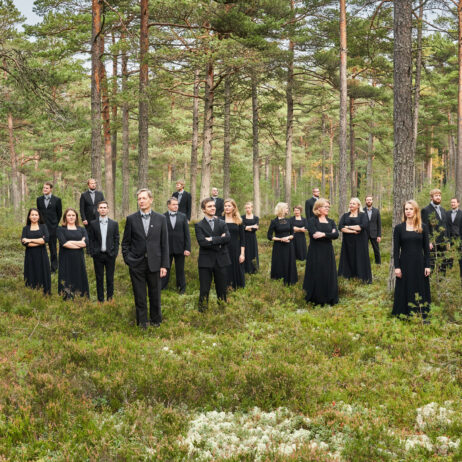Janne Aalto: Value and appreciation for orchestral musicians

Janne Aalto started playing the cello with the young Arto Noras at the Turku Music Institute. Music and playing were part of everyday life in the family. Aalto’s first taste of playing in a professional orchestra was at the age of 15, when he played in the Turku City Orchestra at a concert in Vienna.
After his matriculation exams, he was offered a place at the Sibelius Academy. At the beginning of his professional studies, Aalto also became familiar with Gramex when he played in various recording studios.
However, there seemed to be differences in practice between the different musical genres. According to Aalto, in classical music, Gramex could be left out, sometimes completely.
“Whenever you were at a recording session for easy listening music, it was obvious to give a Gramex number to receive the remunerations. But on the classical side, things were often forgotten or left undone by pretty much everyone involved. Since then, as a trustee, I have been trying to put this right,” says Aalto.
Gramex remunerations and the system created for them contribute in every way to the appreciation of our musicians and also build internal self-esteem.
Gramex remunerations are the right of the orchestral musician whenever playing on recordings. After several stages, the remuneration of Aalto’s current orchestra is also moving to individual musician payments.
“Gramex and the system we have created for it contribute in every way to the appreciation of our musicians and also build internal self-esteem. We should be proud of the high standard of classical music recording in this country. The musicians themselves should be paid for their work. Fortunately, there is now finally a greater understanding of the issues,” says Aalto.
The popularity of orchestral music has increased worldwide in recent years, which is also reflected in the amounts remunerated to musicians by Gramex.
“Thanks to the increased international demand for Finnish orchestral music and Gramex’s activity, the amounts paid are no longer negligible. For a musician who is actively recording, the amount can be significant on an annual basis. On the other hand, even small payments are due when the EUR 5 threshold is exceeded,” says Aalto.




